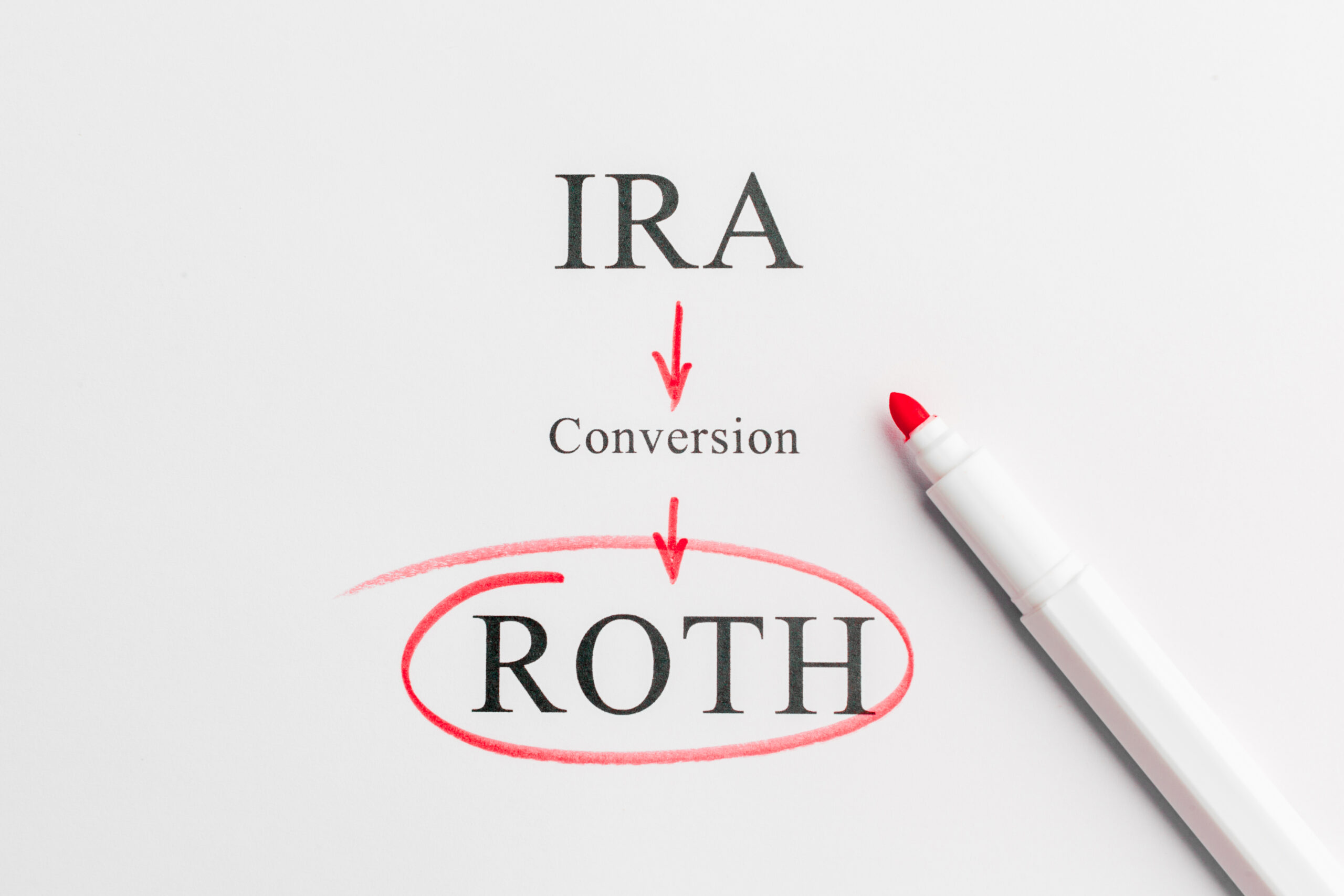Proper estate planning is essential to ensure that your assets are distributed according to your wishes after you die. As I always say, if you don’t have an estate plan, you have a “state” plan wherein the state will determine how your assets get distributed, when, and to whom. This can have devastating consequences for your surviving heirs.
Even a simple will can alleviate a lot of problems. Still, depending on the size and composition of your estate, several aspects of your plan need to be managed to ensure it complies with your intentions and the law.
That is not to say that estate planning has to be complicated, nor does it say that it is only for the wealthy. Anyone with assets such as a home, a savings account, a business, and the need to preserve the estate for the benefit of surviving heirs must manage their estate affairs. A few of these straightforward arrangements can be made with minimal expense. Of course, your financial advisor, a tax professional, and an attorney should be consulted to avoid complications.
To effectively manage your estate planning, here are four key areas you need to address:
- Transferring your assets
- Minimizing your estate costs
- Taking care of loved ones
- Managing your affairs when you no longer can
Transferring Your Assets
The first consideration for managing your estate plan is to ensure that your assets pass to your heirs with minimal time in court. There are several tools at your disposal with which to accomplish this.
Testamentary Will: A will is a legal document that communicates your intentions for asset distribution, guardianship of minors, and who is to execute your will. Without a will, the state can decide how your assets are distributed and who will be the guardian of your children.
Living Trust: In addition to a will, you can establish a living trust, name a trustee, and then have your assets transferred to the trust. The trustee will manage the assets to benefit the trust’s beneficiaries. Housing your assets in a living trust prevent them from being subject to probate proceedings, allowing them to pass directly to the beneficiaries.
Minimizing Your Estate Settlement Costs
The settlement of any estate typically incurs certain expenses, including probate fees, legal costs, and state or federal taxes. Properly planned and managed, your estate can be arranged to minimize many of these costs.
Avoiding Probate: When using a trust, assets transfer to beneficiaries outside of probate. The most straightforward and less costly trust to use for this is a living trust. Also, any asset that transfer by contracts, such as annuities, life insurance, and qualified plans, will pass directly to the named beneficiaries.
Avoiding Estate Taxes: Several techniques can be applied to reduce your assets’ exposure to taxation.
- Marital Deduction – Each spouse can gift an unlimited amount of their portion of the estate to each other
- Lifetime Gifts- By making qualified lifetime gifts of up to $13,000 to family members each year, these assets will be excludable from the estate
- Charitable Gifts – Gifts of assets made to charity during your lifetime or from the estate are also excludable from the estate.
- Credit Shelter Trust – Each spouse is given a “credit” in their half of the estate. The trust is designed to ensure that this credit is fully utilized, making the total amount of the surviving spouse’s credit available during their lifetime and then to the heirs.
Taking Care of Loved Ones
A critical aspect of managing your estate plan is ensuring your loved ones have the financial security they need.
- Life insurance can provide the estate plan with the liquidity your surviving family needs to pay estate settlement and the family’s capital needs during the transition.
- Guardianship arrangements must be made for minors and family members with special needs.
- Professional Management – If the estate includes investments such as stock portfolios or income properties, it may require a professional manager to maintain them for the benefit of the family.
Managing Your Affairs When You No Longer Can
The changing reality of medical advances resulting in living through critical illness and other incapacitation has created a new level of planning needs. Failure to plan could result in devastating financial consequences for the family. When you are healthy is the best time to manage this critical aspect of your estate plan.
Medical Directive: A living will directs medical decisions when you no longer can. Any desire to maintain or withhold medical care at a critical decision point is communicated through this directive.
Durable Power of Attorney: – This is a legal document that authorizes a person or persons to make critical financial and medical decisions should you become incapacitated.
The Bottom Line
Managing an estate plan is not just about making final financial and medical arrangements. Because your financial and family situations are constantly evolving, it is a lifelong process incorporating changing circumstances, preferences, and desires. Keeping your estate plan current is just as vital as managing your current financial plan.
Do you have a “state” plan or an estate plan? What will happen to you, your assets, and your loved ones if you pass away tomorrow? If you need help answering these questions, we’re here to help.






